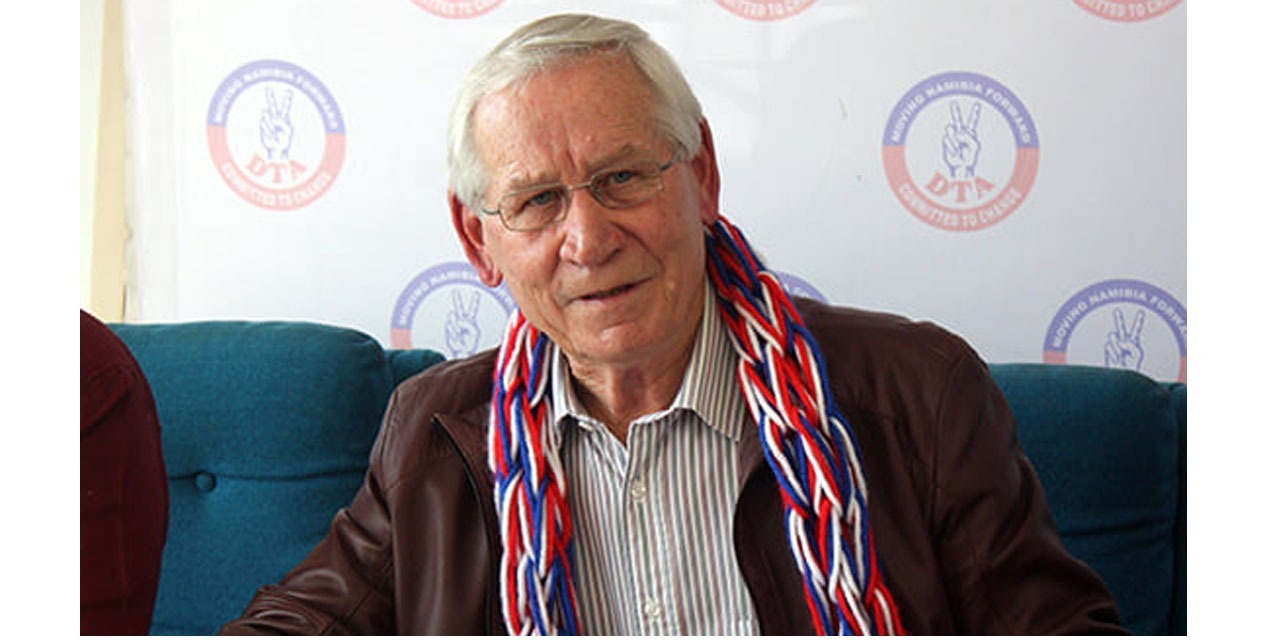Erasmus Shalihaxwe
The Popular Democratic Movement’s (PDM) member of parliament, Nico Smit, said the current form of the Health Professions Bill raises significant concerns that could hinder the effective practice of healthcare professions rather than support it.
Smit was speaking in Parliament on Tuesday while contributing to the proposed health professional bill debate, which was introduced by Minister of Health and Social Service Kalumbi Shangula recently.
Smit stated that the bill presents several critical areas of concern that require a deeper evaluation to ensure the legislation effectively supports and regulates Namibia’s healthcare professionals without imposing unnecessary barriers or compromising professional standards.
Arguing that it is imperative that the bill explicitly state the objectives of the Health Professions Council of Namibia. Because clear objectives are crucial for aligning the Council’s actions with the national healthcare goals and ensuring accountability. Moreover, the rationale for consolidating various health profession councils into one entity must be critically assessed.
“This consolidation could potentially reduce the specialised attention each profession currently receives from its council and undermine the nuanced understanding that specialised councils bring to specific healthcare fields,” he explained.
The opposition lawmaker added that under clause 4 on the functions and powers of the council, the assignment of registration responsibilities to the council, removing this function from professional boards, needs reconsideration. Because professional boards, with their specialised knowledge and direct engagement with the specific professions, are better positioned to manage the nuances of professional registration and standards.
According to Smit, a central council may lack the detailed insight required to effectively govern the diverse specialities within the healthcare sector, potentially leading to generalised decisions that may not suit all professions.
“Under clause 5 on the composition of the council, the composition of the council as proposed raises concerns about equitable representation across all health professions.
It is critical that every major field within healthcare has direct and proportional representation to ensure that the diverse needs and perspectives of healthcare practitioners are adequately considered in decision-making processes. This is especially important in fields where specific professional knowledge significantly impacts regulatory decisions,” he urged.
Smit cautioned that under subclause 5, serious concerns arise regarding the operational efficacy of the council without any representation from professional boards. The absence of board representatives poses a significant risk of leaving the interests and viewpoints of various professions unvoiced.
“This could lead to decisions that do not fully account for the unique challenges and requirements of different healthcare sectors. It is crucial to reassess this approach to ensure that the council benefits from the insights and advocacy that professional boards provide, particularly in periods crucial for decision-making,” he warned.




